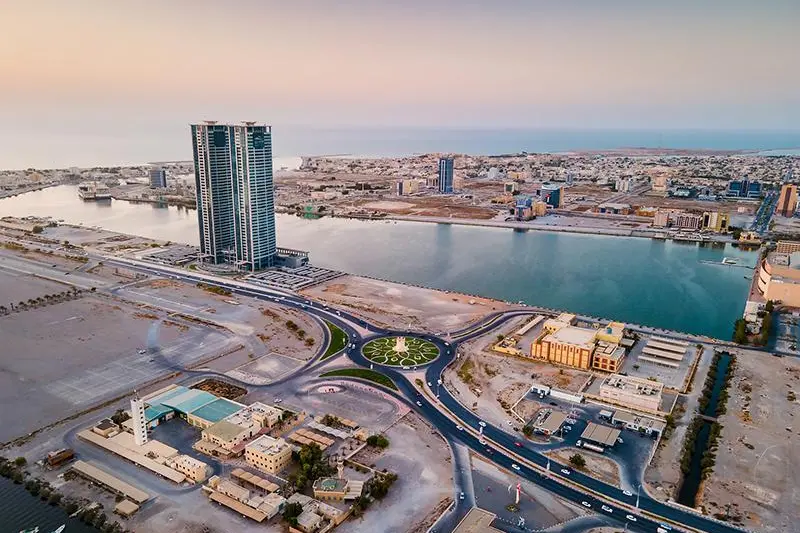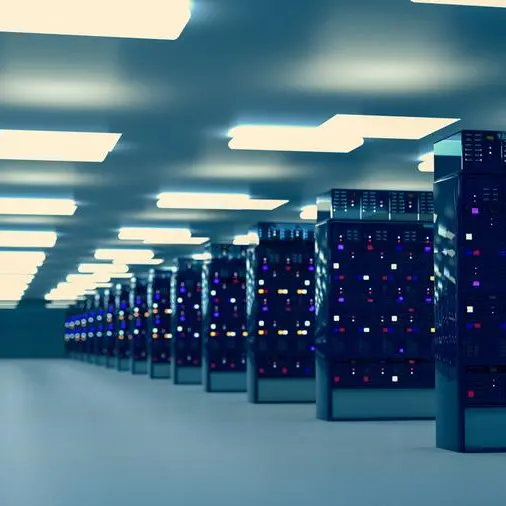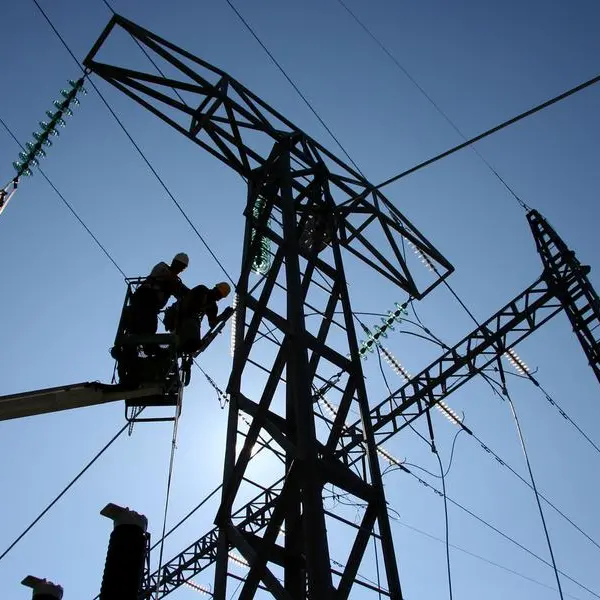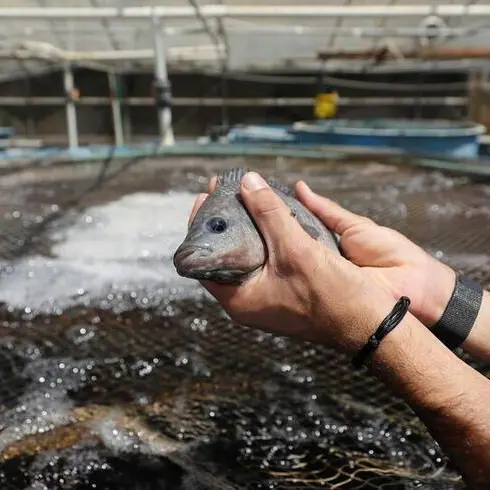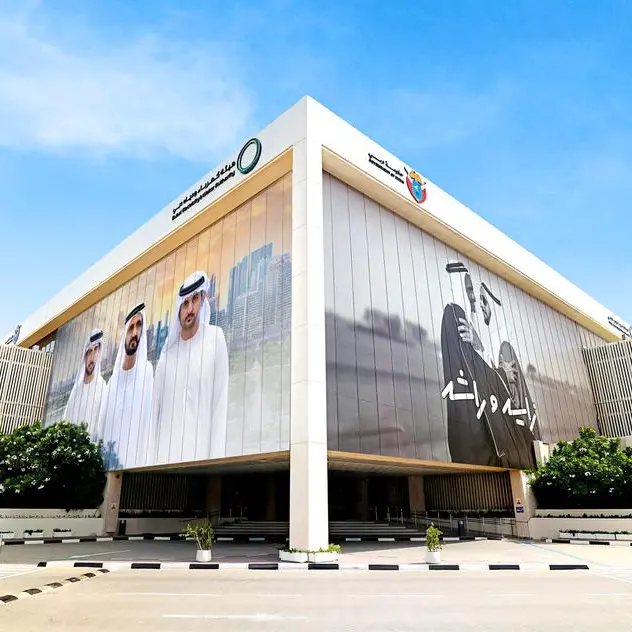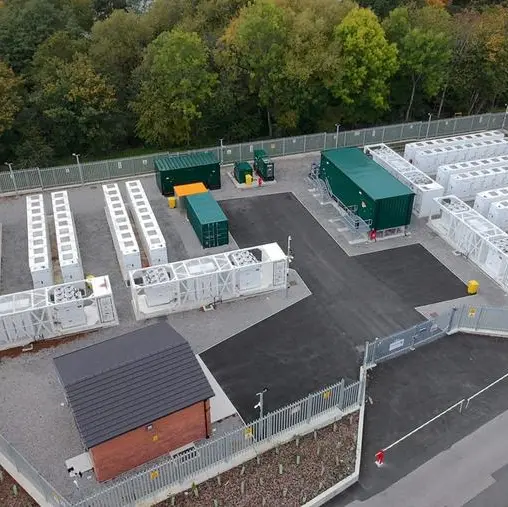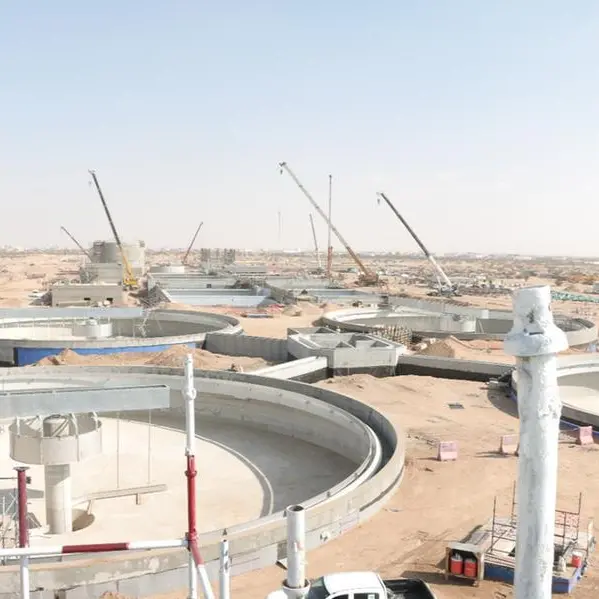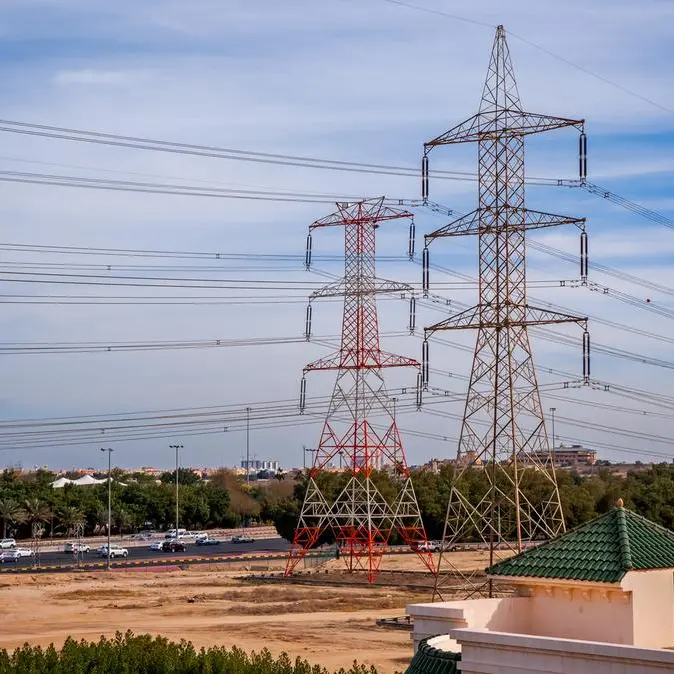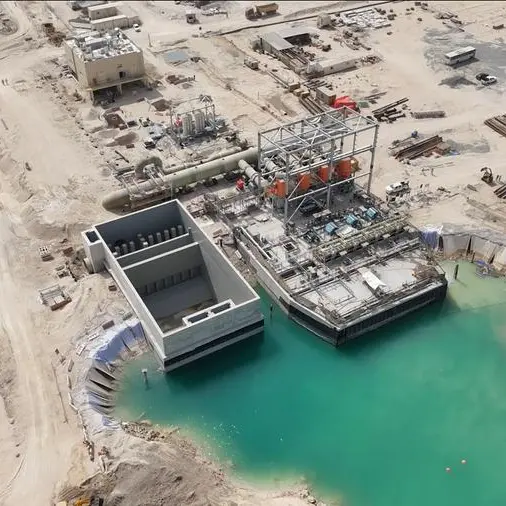PHOTO
The Ras Al Khaimah Municipality, through its Energy Efficiency and Renewables Office (REEM), is planning to issue several new tenders for various projects in the Emirate and is working on new initiatives like building energy performance rating and Net Zero, a top Municipality official said.
“To give a flavour, some of the projects that may be tendered soon include a large retrofit project addressing over 130 buildings across various entities and distributed solar installations on rooftops and carports (subject to favourable Federal regulations),” said REEM’s Executive Director Andrea Di Gregorio in an exclusive interview with Zawya Projects.
Other projects, he continued, include hybrid off-grid renewable projects in remote areas, such as mountains, and a centralised energy management system for monitoring energy consumption indicators in government and semi-government facilities.
Di Gregorio did not disclose any values for the tenders but said the Emirate is actively working on developing its renewable energy capacity.
“…in the field of renewable energy, we have a well-identified pipeline of over 40 megawatts of solar PV projects in Ras Al Khaimah, including on-grid and off-grid systems that will be implemented subject to favourable regulation to be issued by the Federal Government,” he stated.
Net zero
The REEM executive said these developments would be accompanied by several projects and studies, which aim at enhancing the Emirate’s capabilities in climate change mitigation.
“In parallel, we are working on the Energy Efficiency and Renewables Strategy 2040 update with a net zero ambition. This is likely to open up a range of new project opportunities for the private sector in areas that have yet not been fully addressed,” he added.
The strategy aims to achieve 30 percent energy savings, 20 percent water savings and 20 percent of generation from renewable energy sources over the next two decades. It is already well underway through a multitude of projects and initiatives supporting the UAE’s commitments to climate change mitigation as part of the United Nations Framework Convention on Climate Change (UNFCCC).
The strategy encompasses nine programmes, including building retrofit initiatives and energy efficiency measures for the residential sector.
Di Gregorio said: “There are over 200 buildings in the retrofit pipeline, including commercial buildings, government buildings and mosques. We are also working on a programme to promote energy-efficiency measures in the residential sector. This will be launched in the coming months.”
“When it comes to new buildings, we are working in collaboration with the Public Services Department on a new concept of a sustainable community, following Rafah, the standards for sustainable communities issued by the Municipality in 2021.”
New energy performance rating system
He said the Municipality is also developing a building energy performance rating system with a possible release in 2025.
The aim is to promote the adoption of sustainability standards beyond the minimum requirements of the Barjeel green building regulation programme established in 2019.
Barjeel set minimum standards for all new buildings across five key areas - energy efficiency, water efficiency, renewable energy, comfort and well-being, materials and resources, including waste management.
“So far, we have more than 2,000 buildings completed, and we have more than 4,000 buildings under construction using the Barjeel standards, which are periodically updated to follow market trends and to respond to feedback from the market - building owners, developers, consultants and contractors.”
“Now we are developing an energy performance rating system for buildings that will allow developers to better market their buildings and offer several other benefits,” said Di Gregorio.
“For example, it may be connected at some point to real estate transactions, it may be a driver for incentives, and it may provide useful data for further improvement of the green building programme. We plan to work on this through 2024 and evaluate a possible release in 2025.”
Modular buildings are also seen as a cost-efficient opportunity for embedding sustainability features into projects by applying manufacturing techniques to construction.
“We already have some examples of modular buildings in Ras Al Khaimah, and we are receiving an increasing number of requests from developers,” he said.
Regarding infrastructure, several projects are being developed under the public-private partnerships (PPP) scheme managed by the Public Services Department.
“These include wastewater networks, stormwater networks, waste-to-energy facilities such as RDF, etc,” said Di Gregorio.
Project opportunities
Additionally, he said, further opportunities will arise from the major new developments that are taking place in Ras Al Khaimah.
“There are new areas of the city under development where several thousands of residential units are being developed. There is also a massive ongoing growth in the hotel sector as a result of our fast-growing tourism sector and large developments in the industrial areas as a result of new investments in manufacturing and distribution facilities,” he said.
“All these projects require sustainable design, construction, materials, equipment, operations and maintenance. They will offer a broad range of opportunities for the private sector - both in the short-term and in the long run,” he concluded.
Read more: UAE’s Ras Al Khaimah emirate to rope in more ESCOs in energy saving strategy
(Reporting by Sona Nambiar; Editing by Anoop Menon)
(anoop.menon@lseg.com)
Subscribe to our Projects' PULSE newsletter that brings you trustworthy news, updates and insights on project activities, developments, and partnerships across sectors in the Middle East and Africa.
